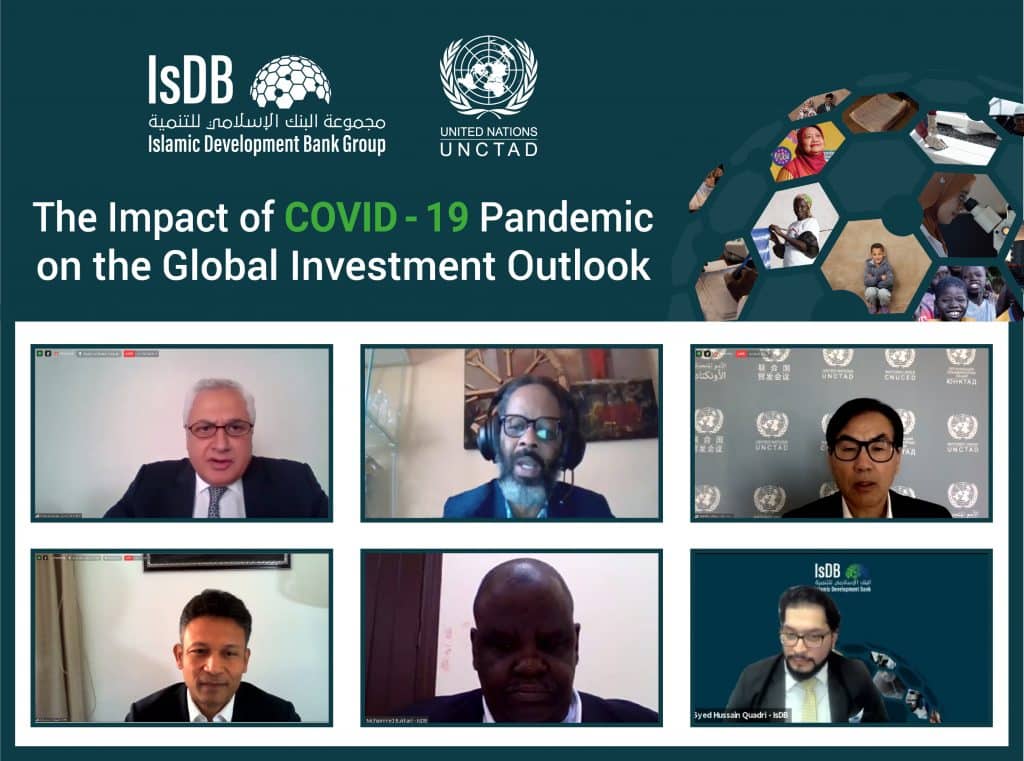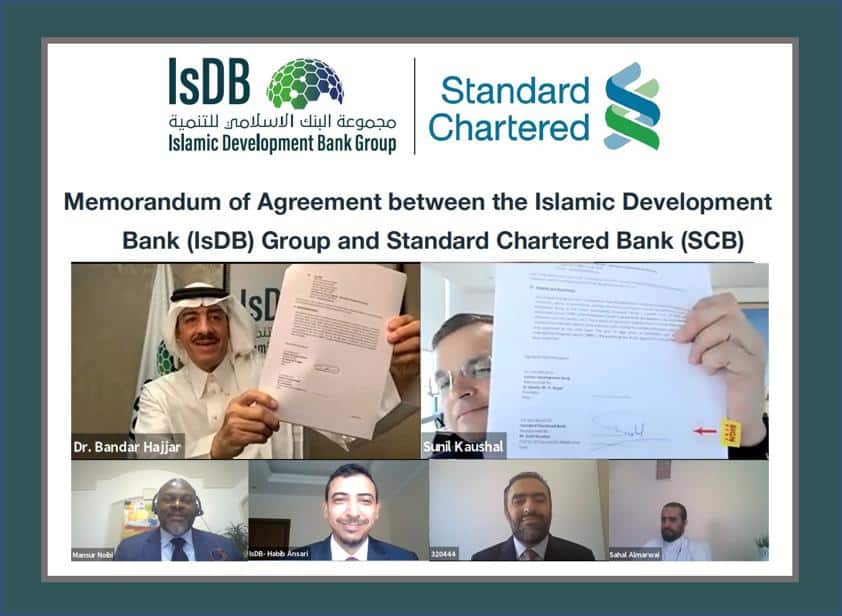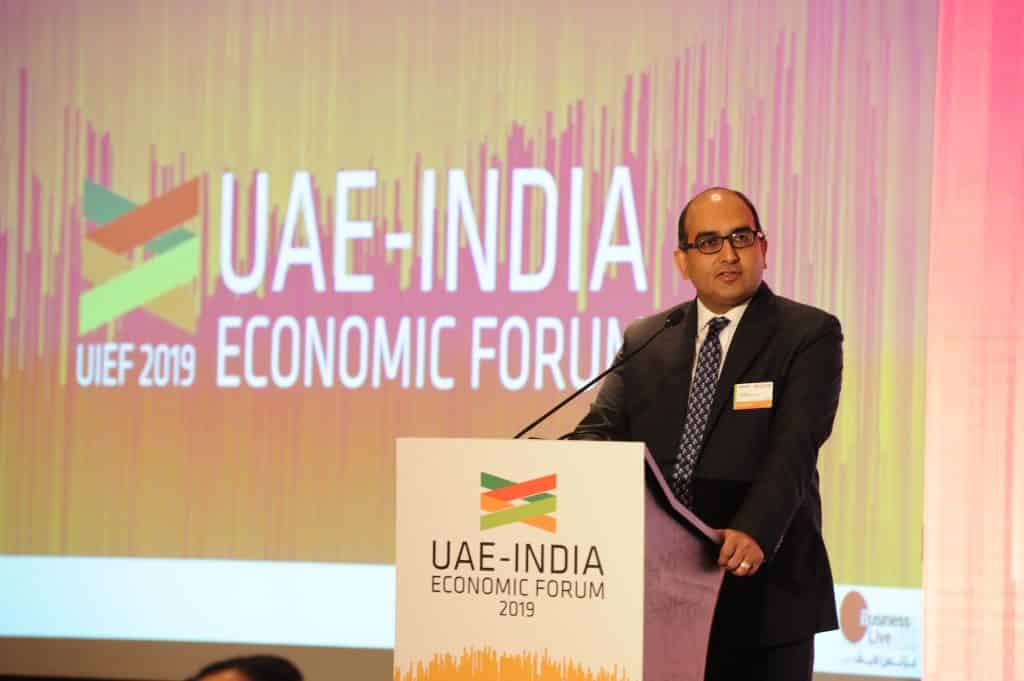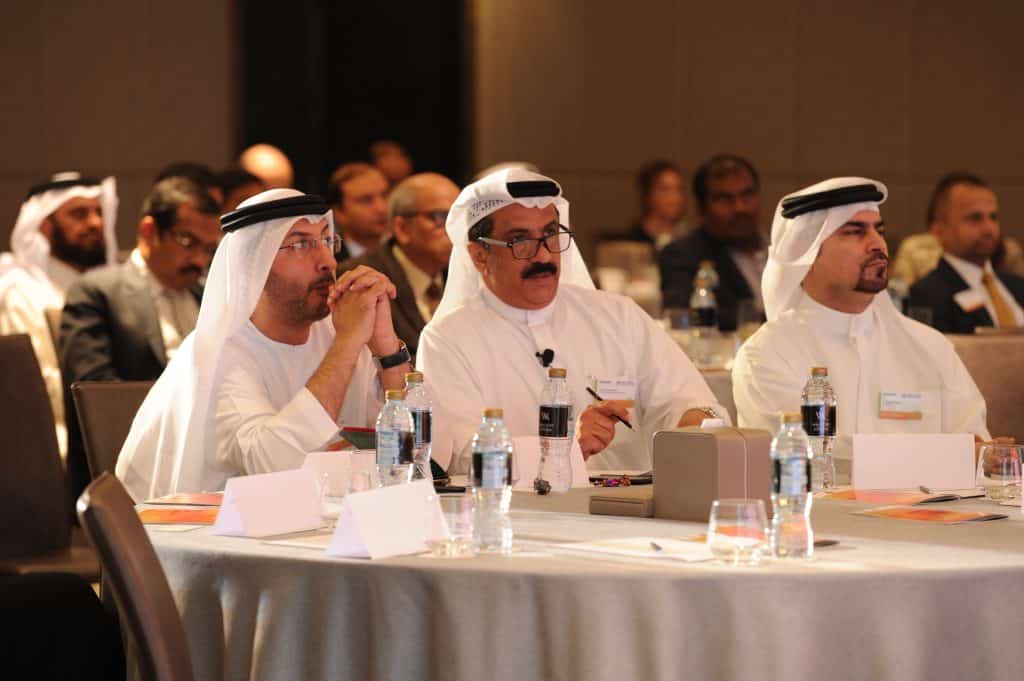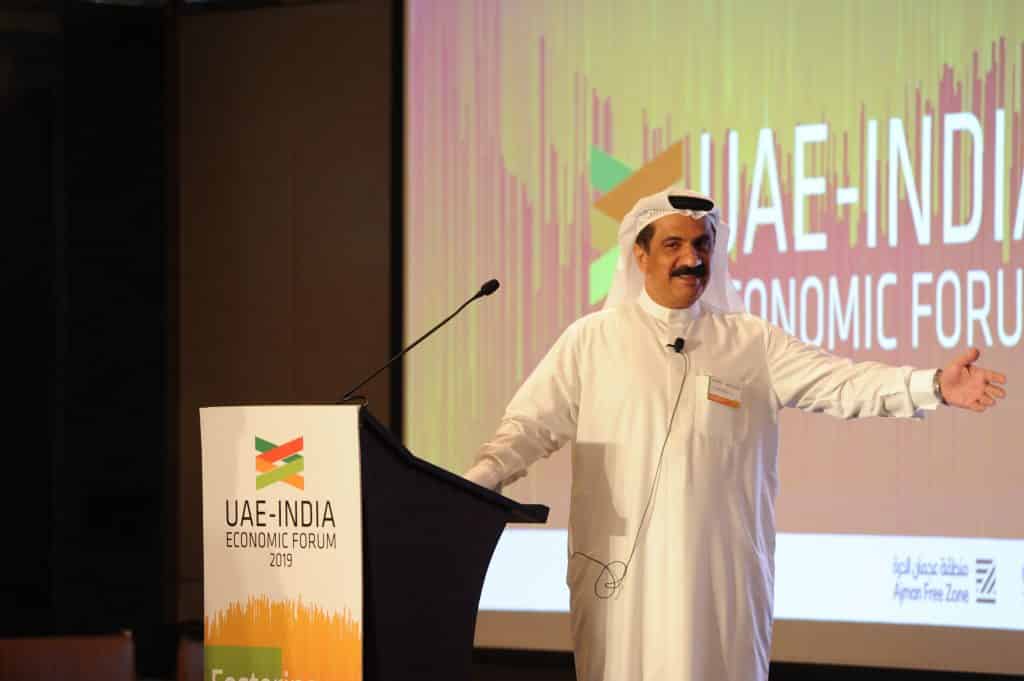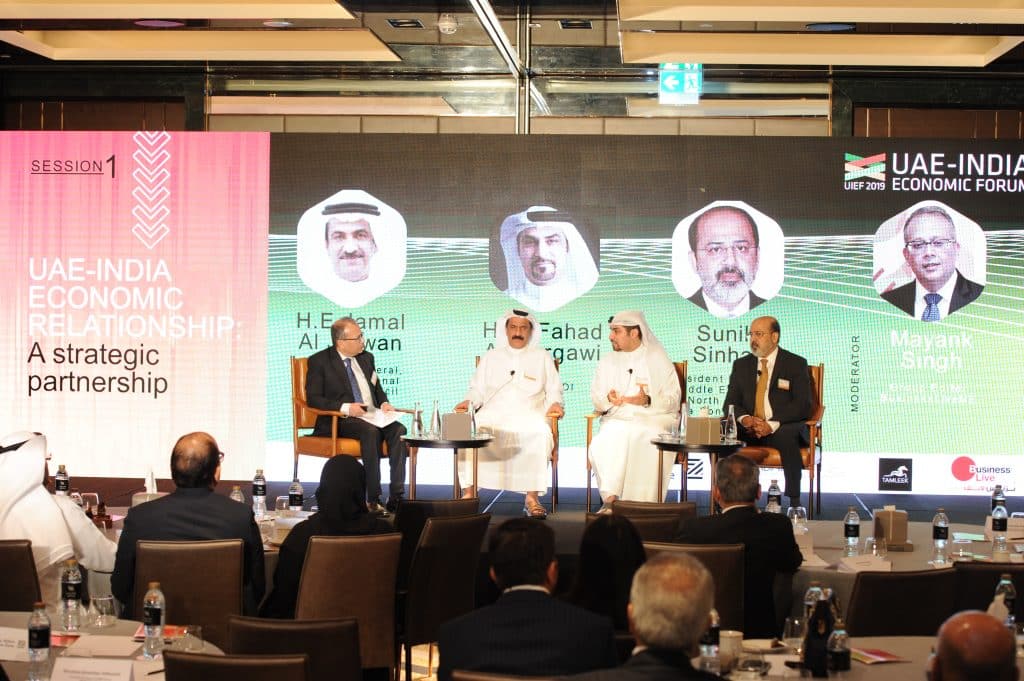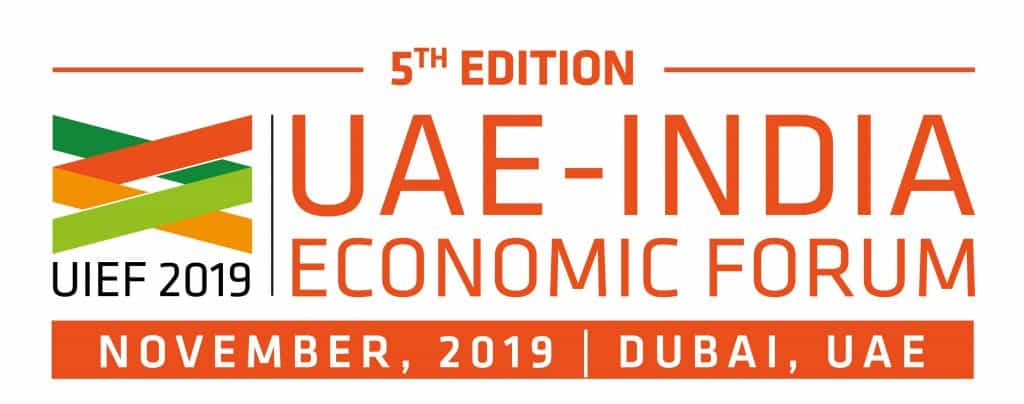
Highlights
- Report provides a directional view on the $14.5 billion NBFI industry.
- It is covering the real estate, automotive, commercial equipment and other consumer financing.
- NBFI sector is expected to grow further backed by the measures taking inspiration from the AML compliance, fintech advancement, cybersecurity, business continuity planning and digitalization.
- Currently, more than 35 NBFIs are operating in Saudi Arabia.
- SAMA has further applied a new framework for the supervision of finance companies.
(RIYADH, DUBAI) – September 27, 2021: The first edition of KPMG’s Future of Non-Bank Financial Institutions (NBFIs) Financing looks into the performance of these institutions in the Kingdom. The publication provides a directional view on the $14.5 billion (SAR 54 billion) NBFI industry covering the real estate, automotive, commercial equipment and other consumer financing. This sector is already playing a pivotal role in lending to specific segments of borrowers in Saudi Arabia.
“Despite market turbulence, we have observed growth momentum during the first half of 2021 that started during the second half of 2020 after consumer confidence was regained. It is especially noticeable in the mortgage industry, where volumes were all time high due to domestic demand of housing, low interest rate environment and government guarantee for the first house of citizens. The NBFI sector is expected to grow further backed by the measures taking inspiration from the AML compliance, fintech advancement, cybersecurity, business continuity planning and digitalization in Saudi financial services sector,” said Khalil Ibrahim Al Sedais, Office Managing Partner – Riyadh at KPMG in Saudi Arabia.
Currently, more than 35 NBFIs are operating in Saudi Arabia. As at the end of FY 2020, the total paid up capital of these entities was SAR 14.2 billion ($3.8 billion) where real estate companies stand at SAR 3.9 billion ($1 billion), non-real estate companies SAR 8.8 billion ($2.3 billion) and Saudi Real Estate Refinance Company (SRC), as the refinancing entity of the industry, SAR 1.5 billion ($403 million).
Industry-wide total assets as at the end of FY 2020 were SAR 53 billion ($14.2 billion) which included real estate companies’ assets amounting to SAR 14 billion ($3.7 billion), non-real estate companies’ assets amounting to SAR 31.5 billion ($8.4 billion) and SRC assets amounting to SAR 7.5 billion ($2 billion). Moreover, there was an outstanding loan book, on and off-balance sheet, of approximately SAR 54 billion ($14.5 billion) which included real estate companies’ loan book of SAR 23.5 billion and non-real estate companies’ loan book of SAR 30.6 billion.
Despite SAMA’s new regulations allowing deposit-taking by finance companies, currently, NBFIs are highly dependent on borrowing and securitization as the main source for financing their lending activities. At the end of 2020, equity and liabilities totaled SAR 53 billion of which, liabilities accounted for 63%, while capital and reserves represented 27% and 10%, respectively.
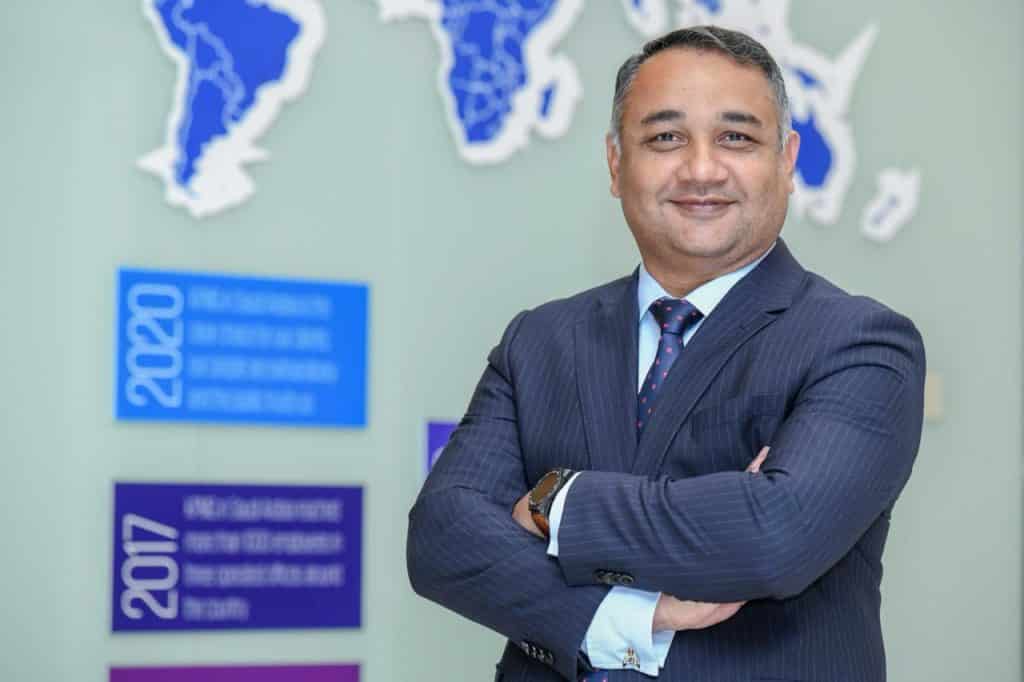
Ovais Shahab, Head of Financial Services at KPMG in Saudi Arabia, said: “Over the past two years, major developments took place in the sector, including enhanced governance through issuance of new regulations mainly to govern deposit-taking, debt-based crowdfunding, provisions for the expected credit losses etc. Moreover, we have seen competition in the market and some players have gained market share on the basis of their customer reach and efficient onboarding process. SAMA has further applied a new framework for the supervision of finance companies, a risk-based supervision approach to oversee the sector and increase the maturity level of NBFI, a framework that is similar to those implemented to oversee the banking and insurance sectors and similar to what is used by other international regulatory bodies.”
